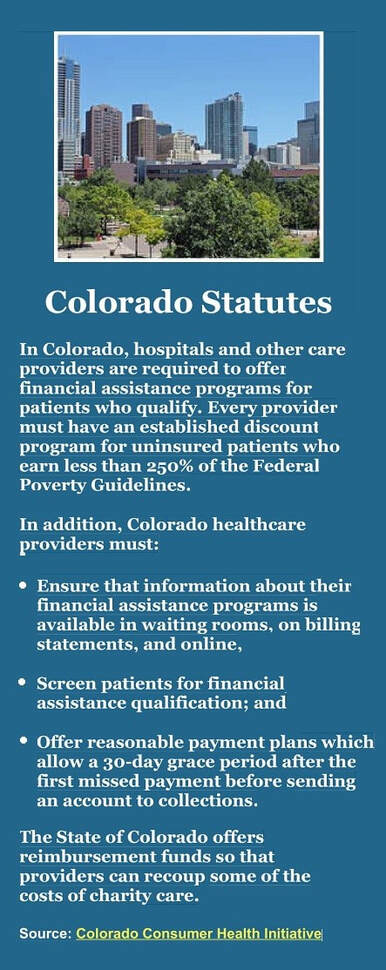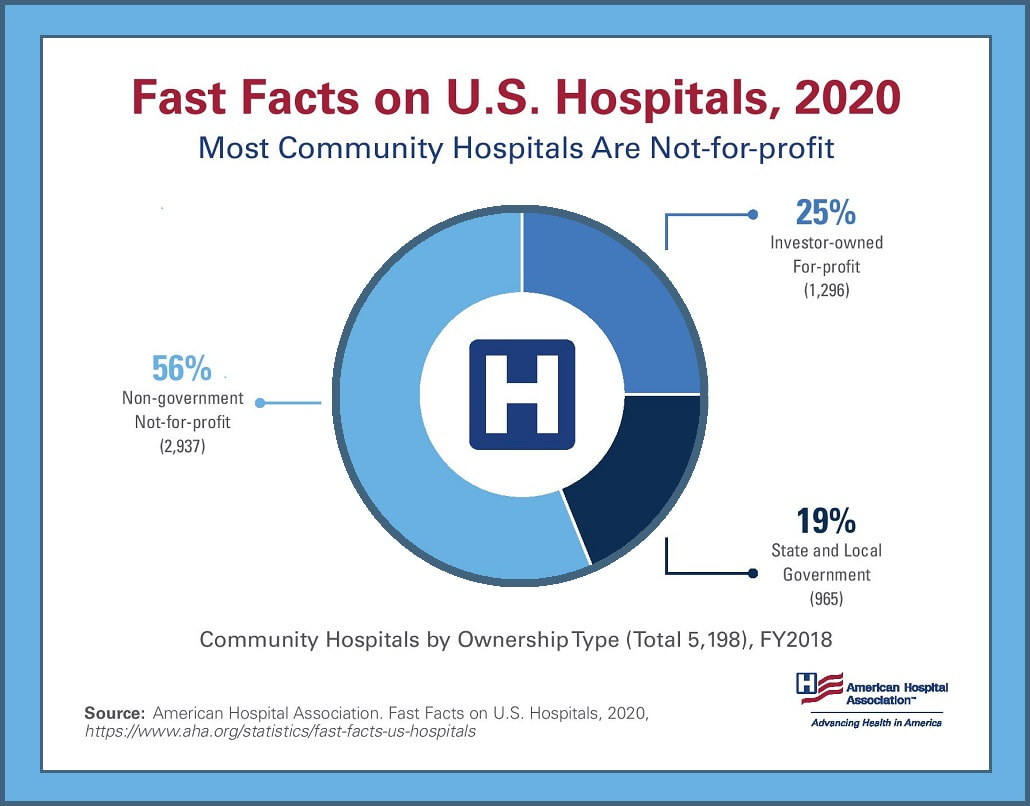News
|
Shape Divider - Style fan_opacity
|
What Is Charity Scoring, and Why Does It Matter?Effective Charity Scoring Helps
|
|
Want to know more?
If you want to know more about how the professionals at Reliant can help your practice be more efficient and proactive with charity care services . . . |
Sources:
Featured Image: Adobe, License Granted
Health Journalism
Healthcare Finance News
Transunion
American Hospital Association
Featured Image: Adobe, License Granted
Health Journalism
Healthcare Finance News
Transunion
American Hospital Association
Comments are closed.
Contact Information
Address2150 Lelaray Street
Colorado Springs, CO 80909 P.O. Box 140 Colorado Springs, CO 80901 |
ContactPhone: (800) 266-3809 / (719) 634-3760
Email: [email protected] Business Hours: Monday – Friday, 8am – 5pm Closed Sat/Sun |
Other Information |
Click to set custom HTML
©
2022 Reliant Financial Services LLC






